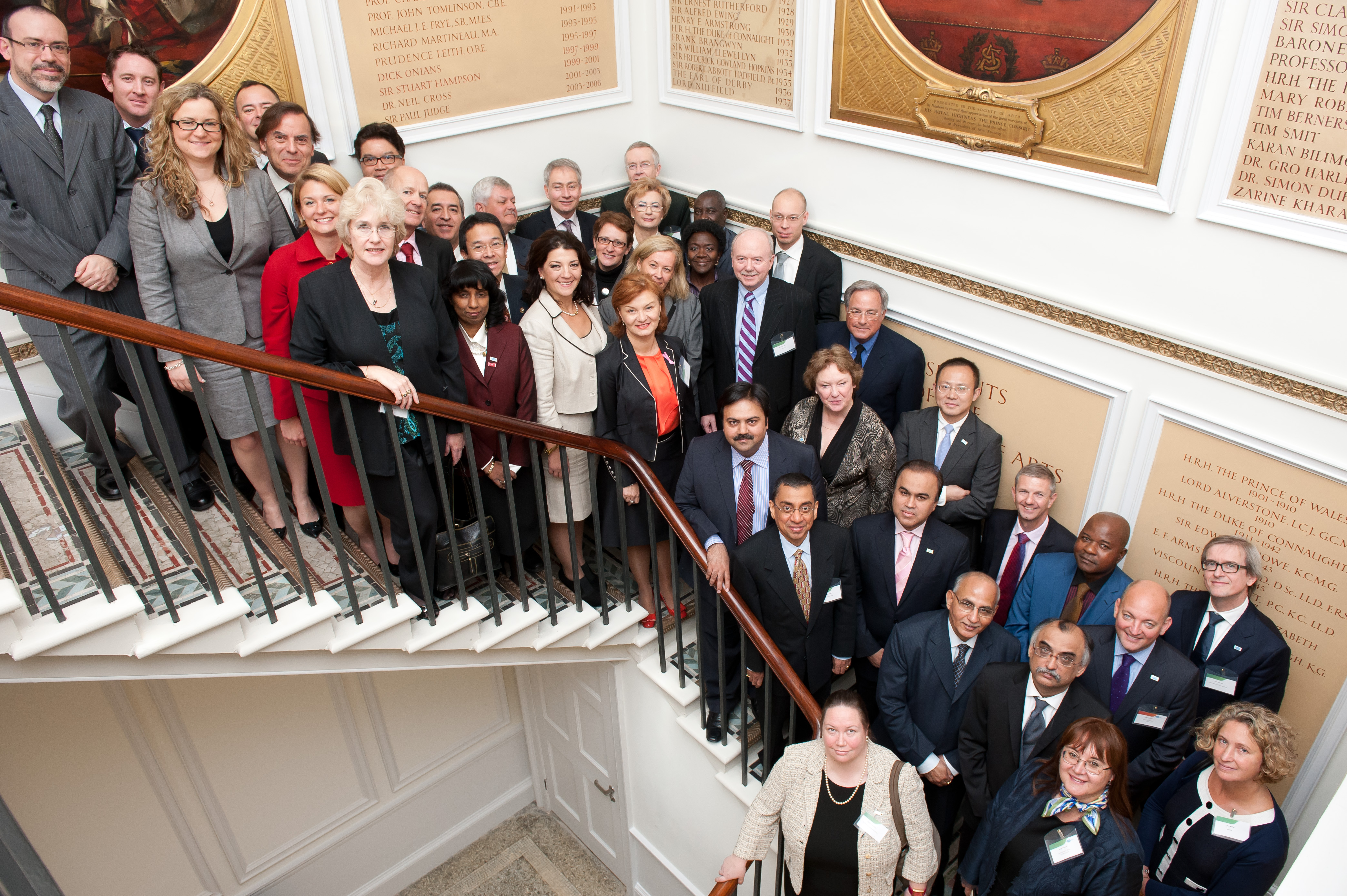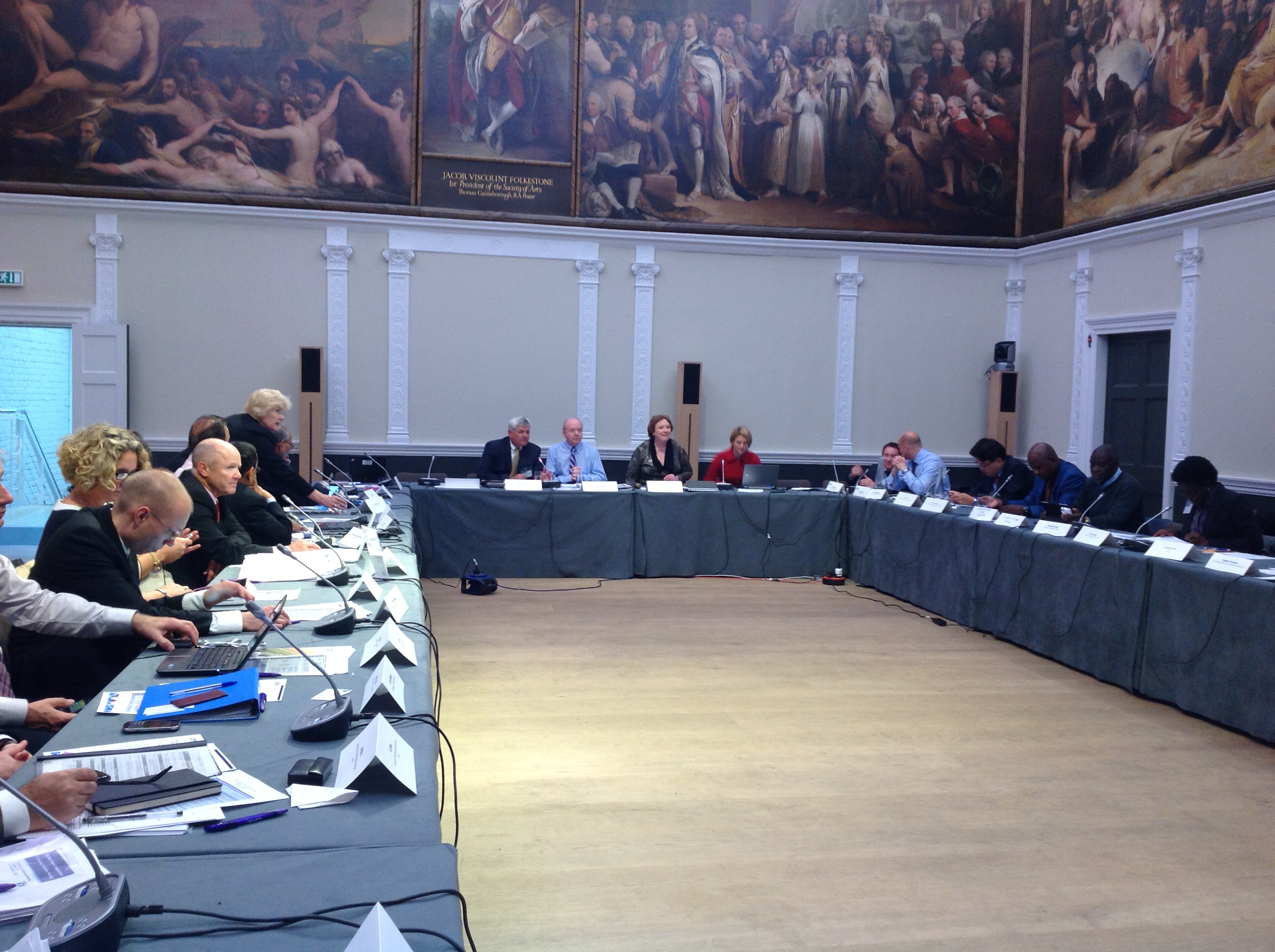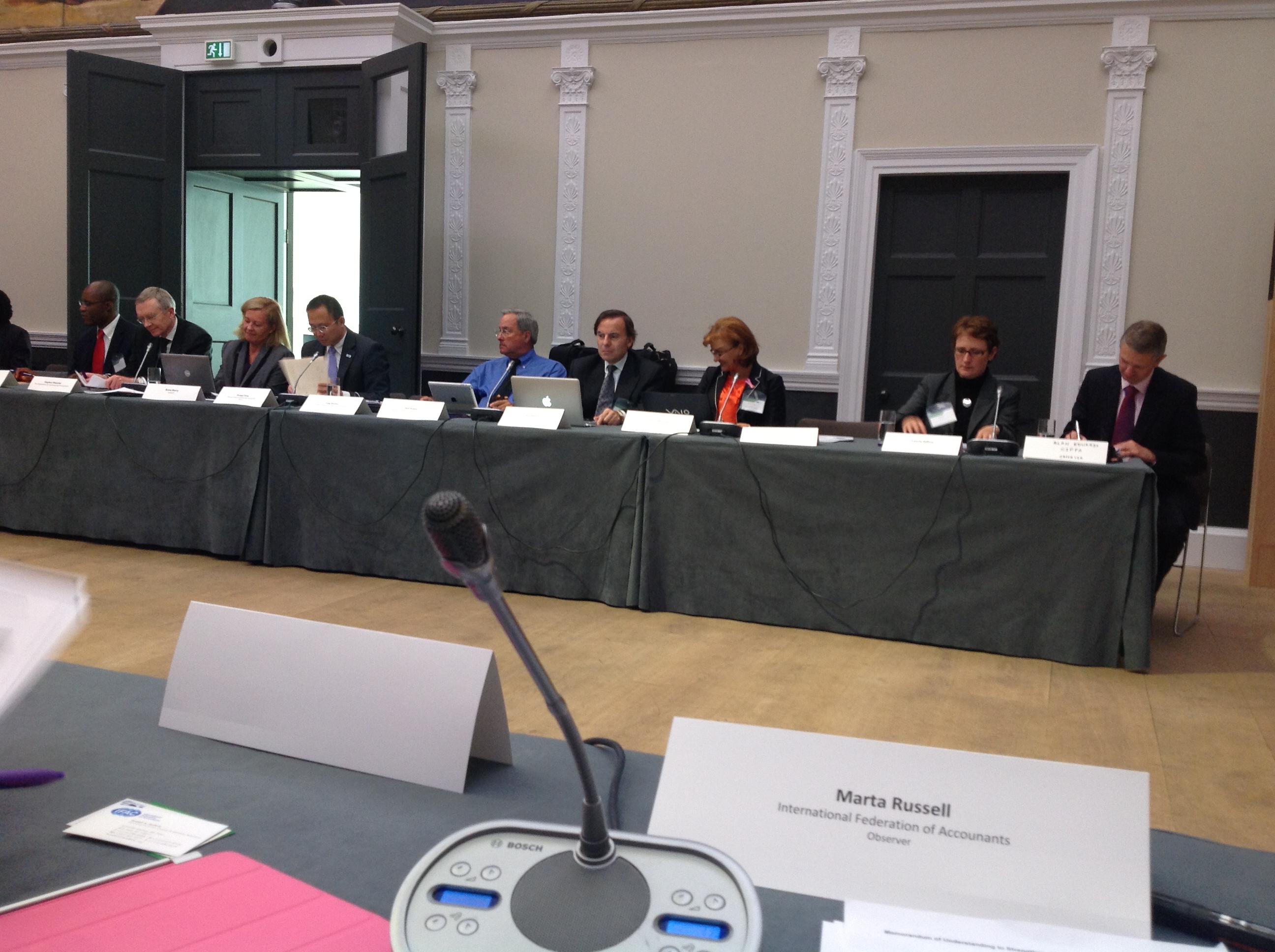The International Federation of Accountants (IFAC), the global organization for the accountancy profession with members and associates in 127 countries, held its 35th Council Meeting in Cape Town, South Africa this week. As part of the meeting, IFAC held its annual seminar, which focused this year on integrated reporting.
The seminar, A Fundamental Shift in Corporate Reporting, featured a keynote address by Prof. Mervyn King SC, chair of the International Integrated Reporting Council and chair of the King Committee on Corporate Governance in South Africa, which has published the King I, King II, and King III Reports on Corporate Governance.
This year’s seminar focused on drawing upon the experiences and perspectives of integrated reporting in practical terms—the South African experience, how to implement integrated reporting, and how to address the challenges and opportunities for small- and medium-sized entities and accountancy practices.
“This year’s seminar recognized the vital role the accountancy profession plays in bringing integrated reporting to more organizations,” said IFAC President Göran Tidström. “Integrated reporting isn’t just a trend—it reflects global changes in best practices and stakeholder expectations and will provide a more complete picture of the health and wellbeing of organizations.”
The seminar included high-profile speakers including Prof. Alexandra Watson, College of Accounting, University of Cape Town; Malcolm Gray, Portfolio Manager, Responsible Investment Portfolios, Investec Asset Management; Graham Terry, Senior Executive: Strategy and Thought Leadership, South African Institute of Chartered Accountants; Ian Jameson, Chief Advisor, Climate Change and Sustainable Development: Sustainability Division, Eskom; Helen Brand, Chief Executive, Association of Chartered Certified Accountants; Michael H. Rea, Partner, Integrated Reporting & Assurance Services; and Nicky van Hille, Director, The Moss Group. Roger Tabor, Chair of IFAC’s Professional Accountants in Business Committee, moderated the seminar.
Highlights from the seminar will be available on the IFAC website in the coming weeks.
About IFAC
IFAC is the global organization for the accountancy profession, dedicated to serving the public interest by strengthening the profession and contributing to the development of strong international economies. It is comprised of 167 members and associates in 127 countries and jurisdictions, representing approximately 2.5 million accountants in public practice, education, government service, industry, and commerce.
# # #




